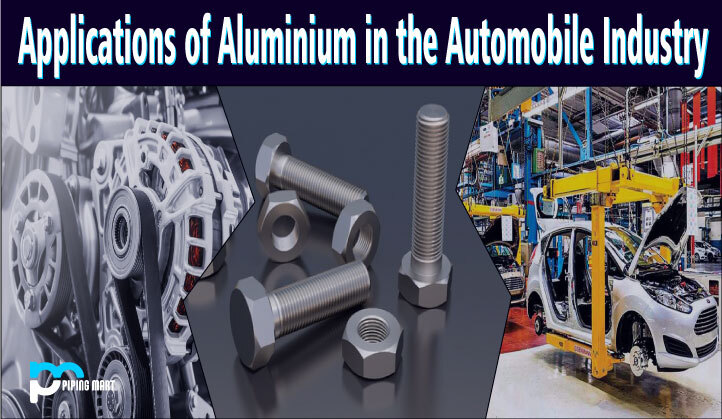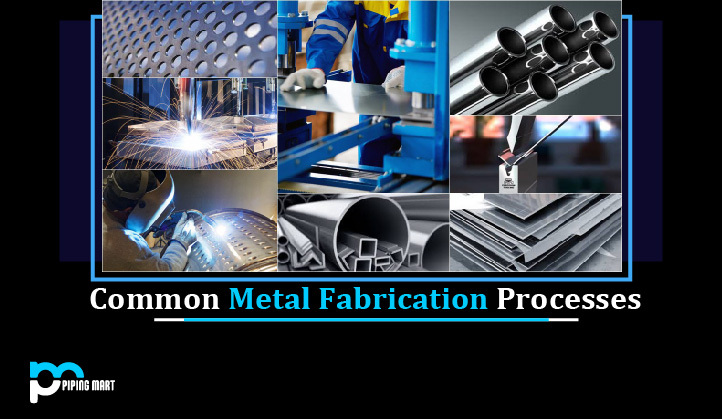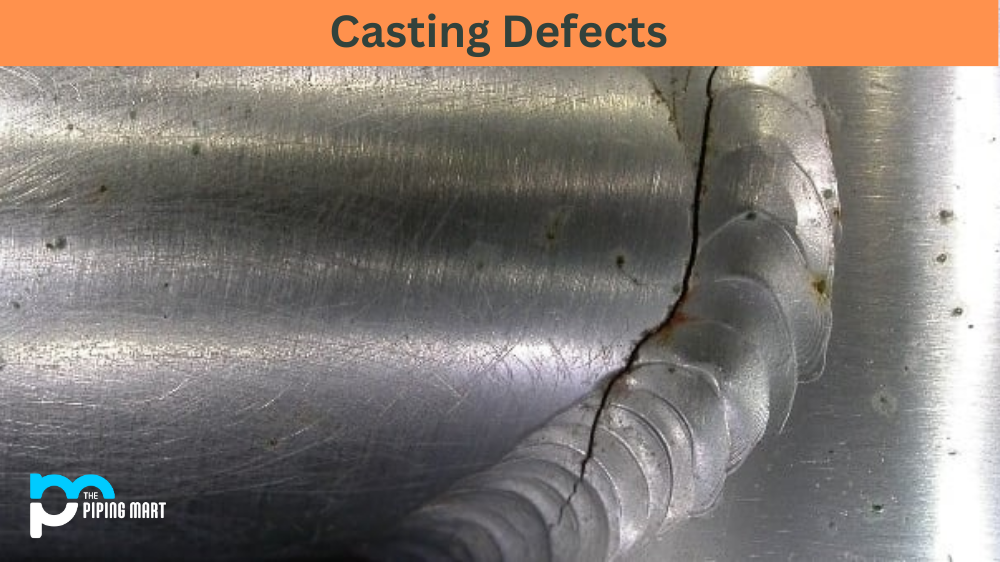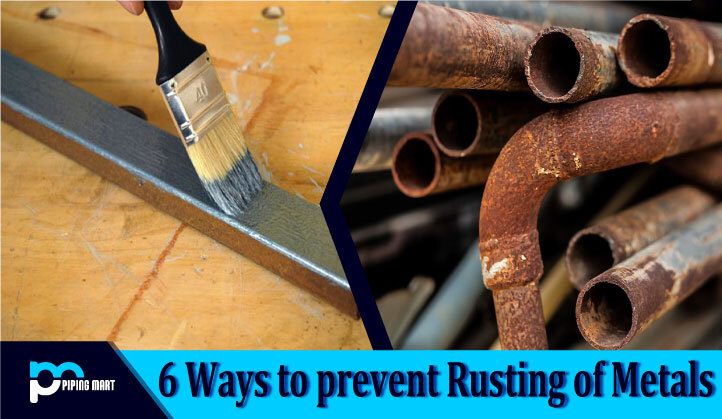What is aluminum?
Aluminum is a metallic element. Because it is very flexible, it is categorized as a “poor metal” along with tin and lead. Human civilization is making use of aluminum from ancient times. Aluminum oxides have been found in Ancient Egyptian and Roman pottery artifacts. Initially, scientists thought aluminum was rare and difficult to extract. It is now recognized to be the 3rd most common element in the Earth’s crust, as well as the most frequent metallic element on the planet. Aluminum is a strong alloy with lightweight & easy blending properties. Aluminum is a nonmagnetic metal that transmits heat and electricity effectively. Because of these qualities, it is ideal for a wide range of applications, including construction, kitchen utensils, and automobile industries.
How is aluminum different from other metals?
- Weight: Aluminium is a lightweight metal. It has one-third the density of steel.
- Strength: In terms of strength, Aluminum is a Strong material. Tensile strengths of aluminum alloys range from 70 to 700 MPA. Unlike steel, aluminum does not become easily breakable in cold. In fact, the toughness of aluminum improves when the temperature is lowered.
- Flexibility: Aluminium’s strength is paired with its flexibility, which means that it allows it to bend under pressure and bounce back from impact forces.
- Malleability: Aluminium is a very pliable metal that can be extruded into any required form by passing it through a die. Aluminum can be extruded cold or hot. Bending and forming techniques could be used to further modify it.
- Conductivity: Aluminum is a great conductor of both heat and electricity. An aluminum conductor weighs around half the equivalent copper conductor which carries the same conductivity.
- Reflectivity: Aluminum is a good heat and light reflector.
- Corrosion Resistance: Aluminium binds with oxygen in the air to produce a thin layer of oxide. Although this layer is just 4 nanometers thick, it provides great corrosion resistance. It can even restore itself if it is damaged.
Why does the Automobile Industry need aluminum? How is it used?
It is used in the Automobile industry for car frames and bodies, electrical wiring, wheels, lights, paint, transmission, air conditioner condenser and aluminium pipes, engine components (pistons, radiator, cylinder head), and magnets (for speedometers, tachometers, and airbags).
Using aluminum rather than steel in the manufacture of automobiles has a number of advantages:
- Performance benefits: Depending on the product, Aluminum is typically 10% to 40% lighter than steel. Aluminum vehicles have higher acceleration, braking, and handling. Aluminum’s hardness gives drivers more rapid and effective control. Aluminum’s malleability allows designers to create vehicle designs that are optimized for best performance.
- Safety benefits: In case of a crash, aluminum can absorb twice the energy as compared to steel of equal weight. Aluminum may be utilized to increase the size and energy adsorption efficiency of a vehicle’s front and back crumple zones, improving safety without adding weight. Vehicles constructed with lightweight aluminum require shorter stopping distances, which aids in accident prevention.
- Environmental benefits: Over 90% of automotive aluminum scrap is recovered and recycled. 1 ton of recycled aluminum can save energy as same as 21 barrels of oil. When compared to steel, utilizing aluminum in automobile manufacturing results in a 20% lower lifecycle CO2 footprint. According to the Aluminum Association’s report The Element of Sustainability, replacing a fleet of steel vehicles with aluminum vehicles may save 108 million barrels of crude oil and prevent 44 million tons of CO2.
- Fuel efficiency: Vehicles that have aluminum alloy could be up to 24% lighter than vehicles with steel-component. This results in 0.7 gallons of fuel-saving per 100 miles, or 15% less energy usage than steel vehicles. Similar fuel savings are achieved when aluminum is used in hybrids, diesel, and electric vehicles.
- Durability: Vehicles with aluminum components have a longer lifespan and require less corrosion maintenance. Aluminum components are suitable for vehicles operating in extreme environmental conditions, such as off-road and military vehicles.

Pipingmart is B2B portal specializes in industrial, metal and piping products. Also, share latest information and news related to products, materials and different types grades to help business dealing in this industry.




